 So, you are onboard as a Christian teacher or homeschool parent to give your children and teens ways to write with a Christian worldview. Perhaps you are tired of the nonspiritual, secular writing that’s heavily influencing those whom you teach. Perhaps your students or children want to speak out through their writing and share Biblical teachings, but they aren’t sure how to begin. Consider science writing as a great place to start in accomplishing this goal as a Christian. "In the beginning God created the heaven and the earth." Genesis 1:1 (KJV) "All things were made by him;" John 1:3a Have you been searching for an engaging science book for kids with a Christian worldview? Lightlab: Lessons for Kids to Explore the Nature of Light and to Know Jesus, by Suzanne O. Shera. Suzanne O. Shera earned degrees in Optical Engineering and Physics and worked in research. After being a full-time mom, she has been teaching science and math to various age groups and has served in Christian outreach programs. In her book, Suzanne Shera passionately shares the Gospel message to children and teaches them about light as a powerful tool, with excellent hands-on experiments. She teaches that as light is indispensable to human survival on earth, Jesus is essential to our relationship with our Father in Heaven. To top it off, Suzanne Shera is a wonderful mentor for those teaching the twelve lessons in her book, as you can see on lightlabetc.com. We had great success with this program at our church both with in-person, hands-on science, and Facebook live videos. You may see In the News tab on newSongpress.net for more details. Lightlab is intended for children ages 8-12. Children learn about the nature of light and Jesus as the light of the world. Each of the twelve lessons focuses on the characteristics of light, with engaging hands-on activities and Bible studies that encourage reading God’s Word to know who He is and how He wants us to live. The book is designed for students to write in, somewhat like a Scout handbook, and can be used as a springboard for longer writing pieces. Because of the exciting, hands-on science, and engaging Bible lessons linked to the science theme for each lesson, students are enriched with deeper understandings and then eager to write about their learning. The two featured scientists in Lightlab are James Clark Maxwell, the Father of Modern Optics and Michael Faraday, “the greatest experimentalist”. As Suzanne Shera says, “Their scientific contributions and deep faith in Christ are cited to inspire readers to see that science and faith can be reconciled.” I also highly recommend the three books-- Indescribable: 100 Devotions for Kids About God and Science, How Great is Our God: 100 Indescribable Devotions About God and Science, and The Wonder of Creation: 100 More Devotions About God and Science, by Louie Giglio with Tama Fortner. These super-popular devotions are available as books, eBooks, and audiobooks. A Spanish version is available, as well as educator’s guides. The exciting, kid-friendly devotions focus on the wonders of the universe and honor our Creator God in order “to help kids discover the incredible creation of our indescribable God,” – Publisher Thomas Nelson How wonderful for children to see God’s creativity with topics in space, earth science, animals, and our human bodies, along with fascinating text and superb illustrations. Wonderful conversation starters and of course, ideas for children to write about! As Jack Prelutsky, highly recognized children’s poet, has written, “There is wonder past all wonders in the ways of living things.” (The Ways of Living Things) God is the giver of life. I pray your journey to share God’s beautiful and amazing creation with the children in your lives will be a marvelous process that blesses all of you over and over again. Children and teens can delight in growing fruits and vegetables and keeping a journal of all their tasks and things they wonder about from their experiences. Yummy berry patches and fanciful teepee-style bean poles can add to their fun. Gardening is a great way for children to see consequences of good or bad behavior. What happens if they don’t water faithfully or pull weeds which can choke out the good vegetation? What happens if they pluck the fruit before it’s ripe…and how long must they wait for new fruit again? Do they give extra thanks to God before a meal when it includes foods they have helped grow? Sharing extra produce with friends and neighbors can teach children generosity of spirit. So many life lessons can be learned from gardening. If you live in a small space, or want to start small, you can consider using large pots for gardening or building a salad table with your children. The University of Maryland at www.extension.umd.edu has good information on building a salad table. See the article, “Growing Vegetables in Salad Tables or Salad Boxes.” From your children’s or students’ experiences and journal writing can come all kinds of further writing possibilities – poems, inspirational fiction, devotions for kids, letters and emails to family members, speech writing, persuasive essays, compare and contrast essays, research reports, how-to and explanation writing, and more. If you would like to learn how to start a vegetable garden, I invite you to a blog post that I wrote for SusanUNeal.com (Healthy Living Series): 15 Tips for Starting a Vegetable Garden. Just click here. As award-winning author, Susan U. Neal, says in her children's book, Eat God's Food! Children may be intrigued to write about God’s all-wise creation of the relationship between clown fish and sea anemones, or other wonders in nature. Clown fish, a small ocean fish with bright colors and stripes, find protection inside the poisonous tentacles of certain sea anemones, which live attached to coral reefs. How? Whenever the clown fish bumps up against this amazing fortress, it secretes a special substance in their mucous coating on their bodies, until this coating is so thick the clown fish can swim around the tentacles, safe from the poison and hidden from bigger ocean predators. They also feed on food undigested by the sea anemones, kind of like table scraps for a pet dog. How do clown fish help their hosts? The clown fish’s bright colors attract other creatures, which can then be caught and eaten by the anemones. Some scientists report that clown fish also chase away creatures harmful to the anemones, as they “stand” on guard. Sounds like a pet dog again. 😊 Clown fish help their hosts further, by cleaning the sea anemones and freeing them from parasites. The more we learn about the wonders of nature, whether in the sea or deep inside our hearts, we can stand amazed at the ways God has created and continues to create our universe. I hope this article helps you in your desire for children to see God in their daily walk and the world around them and how they can share this in their writing, too. If you would like to learn more about this mission, I invite you to sign up for my newsletter to keep you up to date on periodic blog posts.
5 Comments
7/1/2022 06:02:36 pm
You've given some fantastic ways to naturally explore creation and write about it to the glory of God. Thanks!
Reply
Jeannie Waters
7/1/2022 07:30:29 pm
I love the idea of teaching about light and the Light of the World. You've included so many good ideas and resources.
Reply
Sandy Miner
7/12/2022 09:59:50 pm
I like the practical gardening tips for children. Gardening is a great skill for everyone to learn. And it is very rewarding when they eat delicious produce that they grew.
Reply
8/4/2022 10:01:15 pm
Thanks Heidi for your support and your faithfulness. You did a great job leading the Lightlab clubs, and I enjoyed having you at the Teacher workshops. I plan to start a new series of Free Teacher workshop on September 10.
Reply
John Hale
4/21/2023 03:42:00 am
Heidi, such an outstanding website! And your novel is not to miss! It is so hard to break through all the communications junk and clutter these days. Pardon me if I get into "promotion" role. I ENCOURAGE people TO see how you have opened new and creative opportunities for Christian children--plus parents, teachers and children who are just interested. Despite no marketing budget and 'celebrity' profile, your book "Victor Survives Being a Kid" has won two national awards for middle grade literature. Readers are finding it is honestly fun,
Reply
Your comment will be posted after it is approved.
Leave a Reply. |
Archives
November 2023
CategoriesAll Christian Writing Prompts Christian Writing Prompt That Helps Kids See God's Love For Them Christian Writing Workshops Songwriting Prompts Students Writing With Strong Voice Teaching Reluctant Writers Writing-with-strong-voice |
COPYRIGHT 2023, NEWSONG PRESS
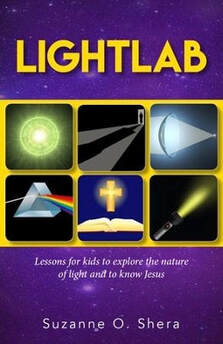
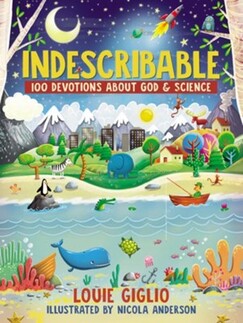
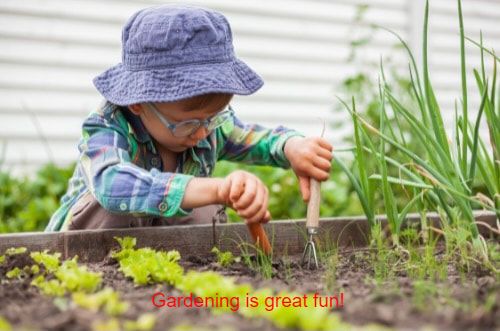

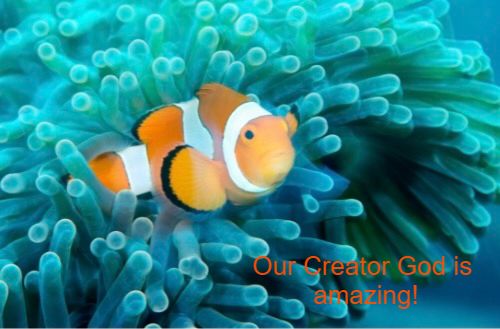

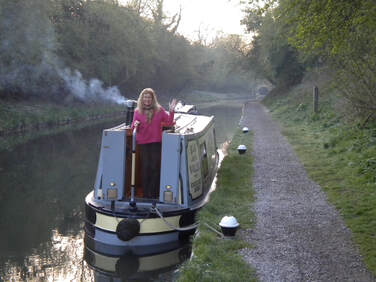
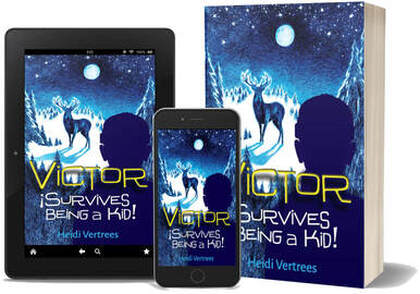
 RSS Feed
RSS Feed